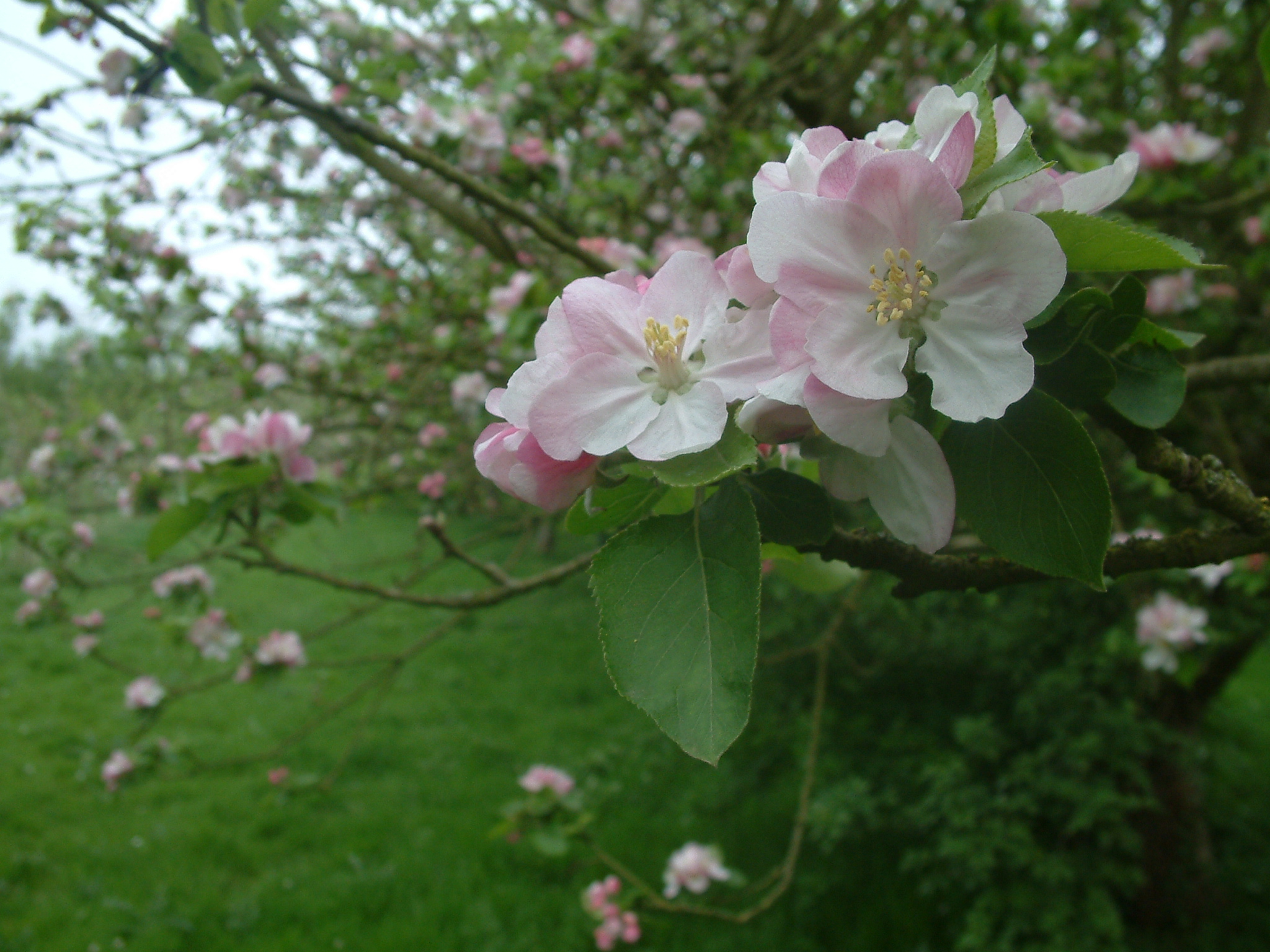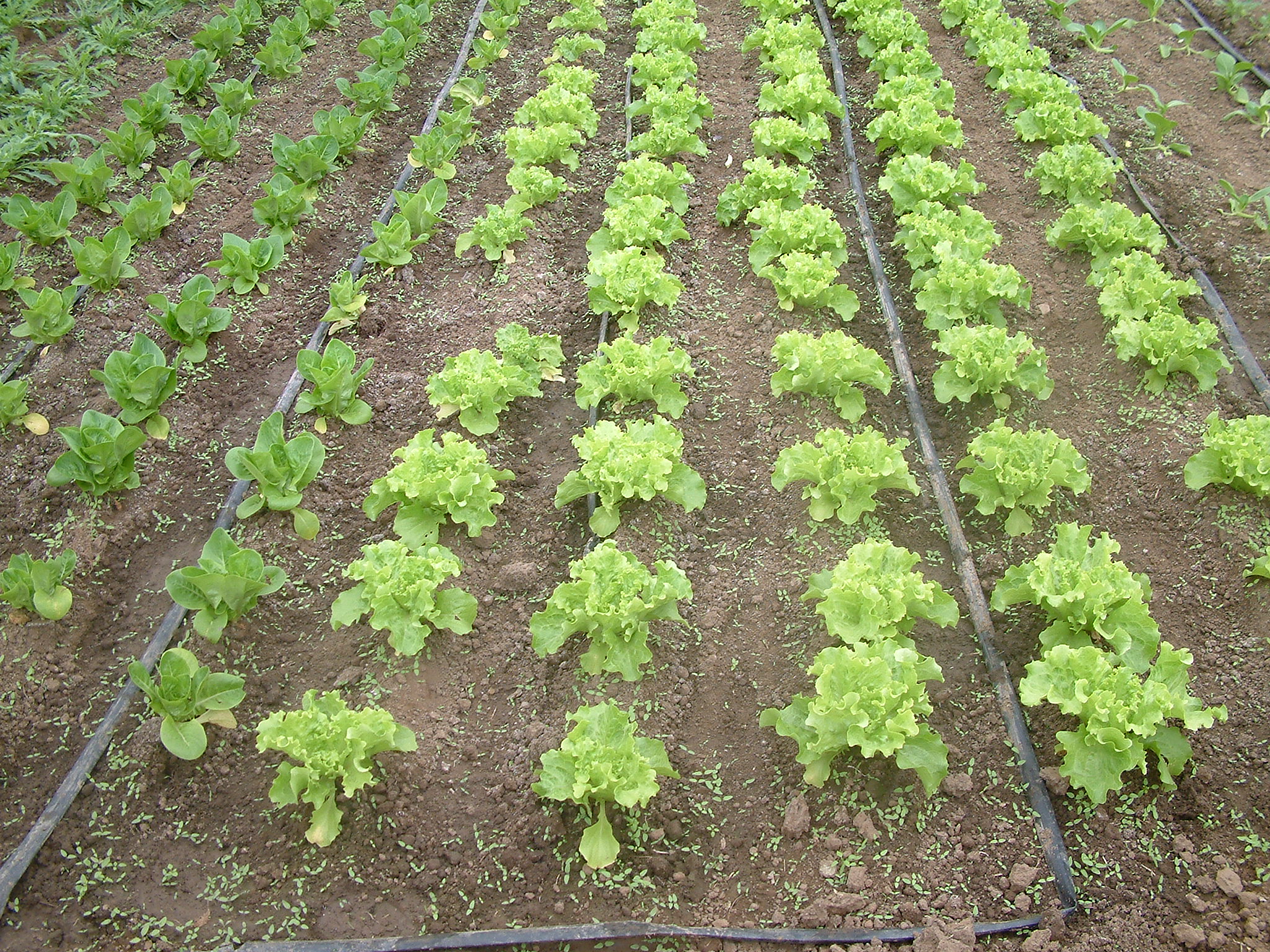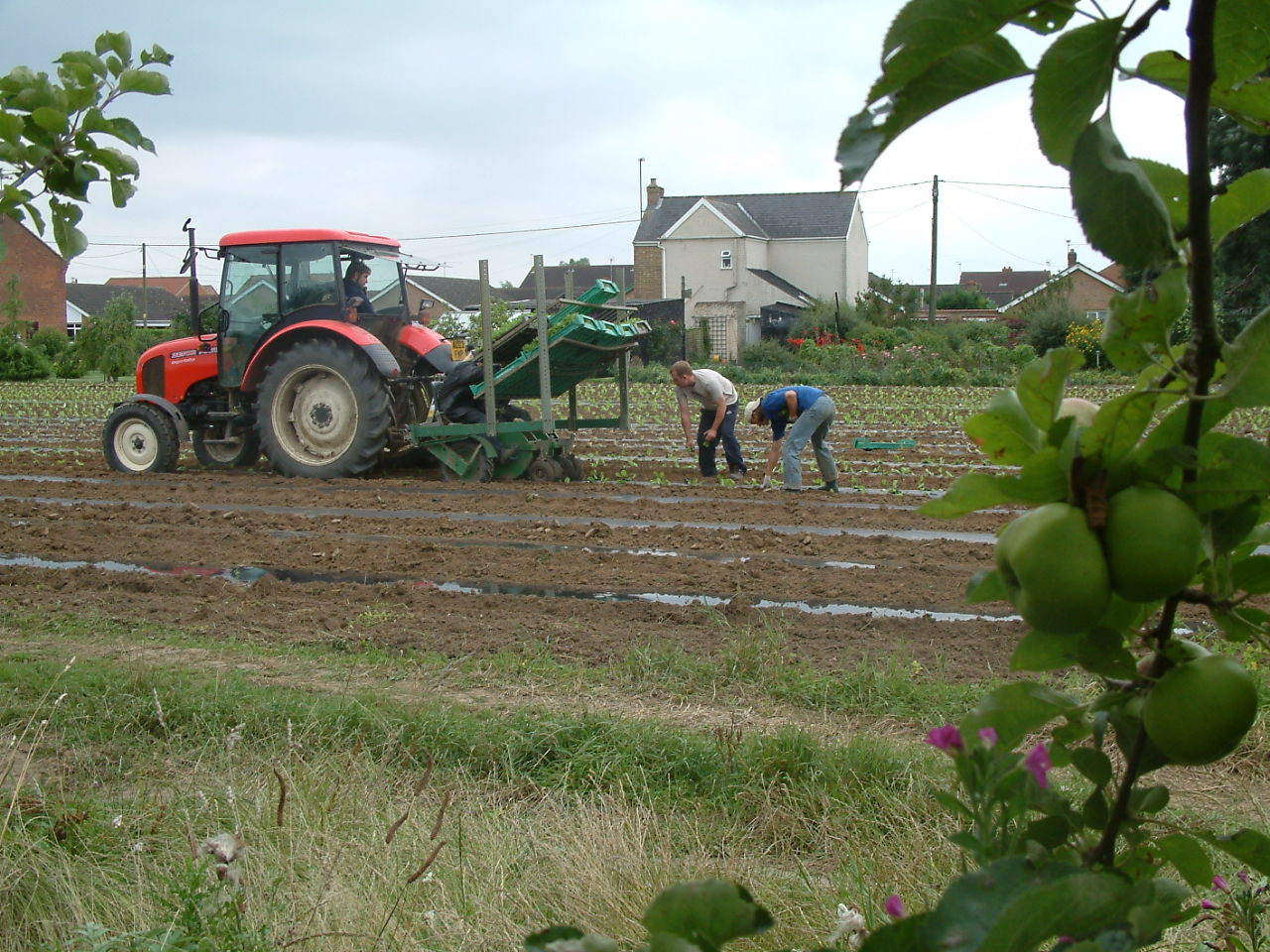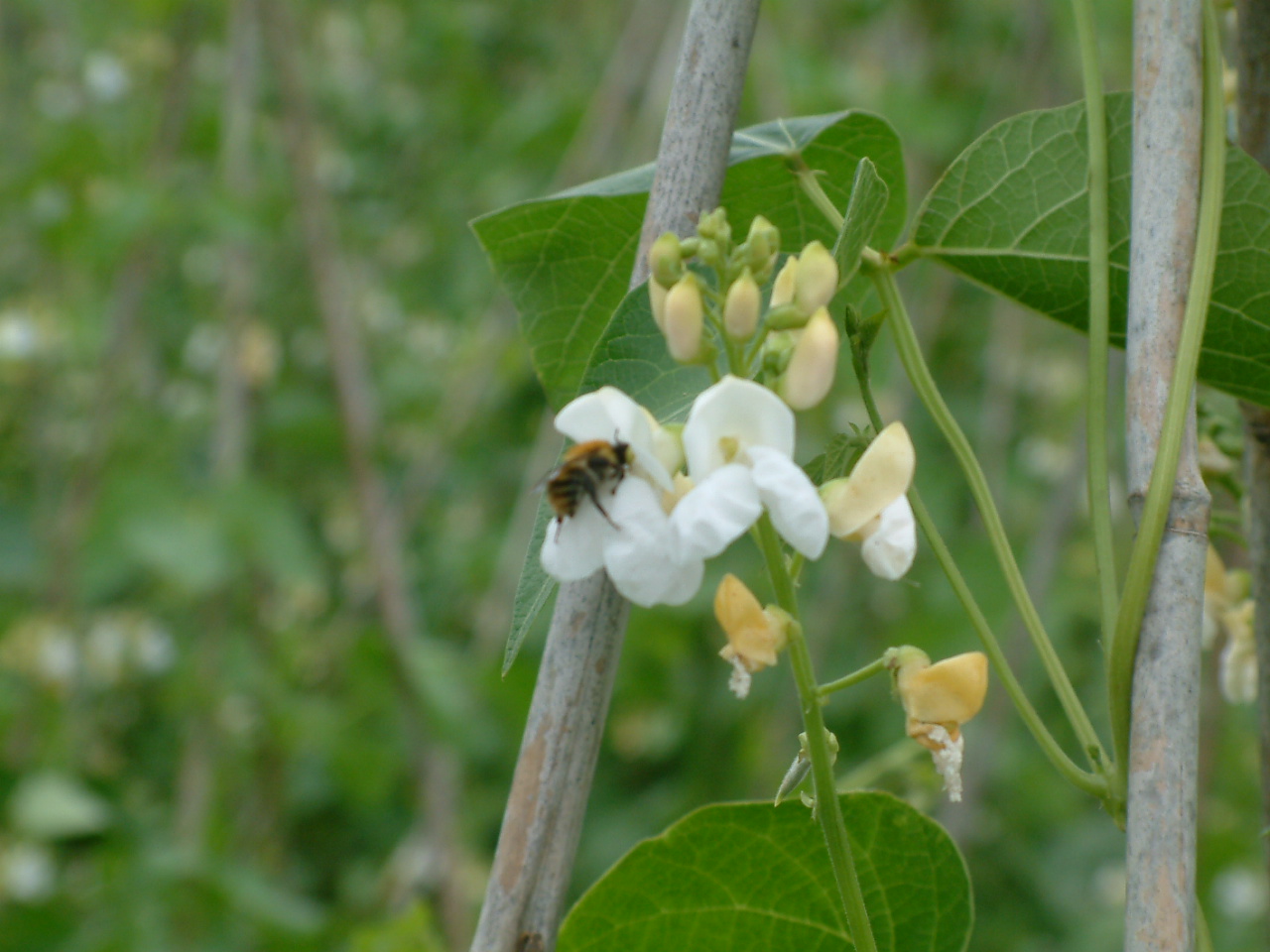Organic Farming
Many people are looking very closely at the food they eat. There are increasingly worrying links between illness and allergies and the regular intake of pesticide residues. They are also worried about the long-term effect on their children’s health that the doses and the ‘cocktail’ effect of the mixtures of agrochemicals are having on their bodies.
Ninety-eight per cent of British vegetables and cereals are sprayed many times during their ‘growing’ life with several of the five hundred permitted pesticides.
What, you may ask yourself, are the alternatives? We believe that the only truly safe methods are ‘Organic’ i.e. growing without the use of artificial pesticides or fertilizers.
Why is organic farming better?
Organic farming maintains long-term fertility of the soil in a safe and natural way, without harm to wildflowers and wildlife, maintaining Earth’s natural balance. As opposed to the diminishing countryside environment that intensive farming with its heavy reliance upon herbicides, pesticides and fertilizers brings.
Organic Farming is better for the environment because it values and protects the wildlife (whose diversity plays an essential role in maintaining crop and livestock health).
Organic Farming is better for farm animals because their welfare is protected, they are free range and fed only natural foods without antibiotics, growth promoters or BST.
Organic farming produces better, tastier and healthier food.
What threats to human health do artificial pesticides pose?
Although all pesticides are tested by MAFF, many used today were approved when standards were comparatively lax. Even current testing does not adequately investigate the long term effect of low doses or the ‘cocktail’ effect of mixtures of agrochemicals. There is evidence that many illnesses may be caused by the regular intake of pesticide residues.
Why is organic food better for us?
Organic food is more nutritious and contains less chemical and nitrate residues – no food in Britain can be guaranteed completely
chemical free as ground water and atmosphere are already heavily polluted.
Why is organic food more expensive?
Distribution costs are higher for the transportation of small quantities. However, the prices of organic produce are likely to fall with
economies of scale as the market grows.
The price of organic food includes the cost of not polluting the environment with agrochemicals and destroying wildlife and habitats.
These hidden costs are not reflected in the price of conventional food but still have to be paid for.
Why support organic farming?
If we want to enjoy our countryside, to keep it unpolluted and retain its beauty
and diversity, we must farm organically.
If we want safe, healthy nutritious food, we need organically produced food.
If we want to reject the suffering of animals in inhumane factory farms we must support organic livestock production. If we want sustainable food production in the future we must persuade the policy makers to support organic farming as a means of solving the many problems currently afflicting agriculture.
Certification.
All our produce and systems areinspected annually by the Soil Association. We are certified not only as a grower of organic produce but also as a packer to ensure all the produce supply is not only grown to organic standards but is also packed to organic standards, we deal solely with organic produce. Look for the Soil Association symbol or other legally authorized body to ensure the product you buy is genuinely organic




